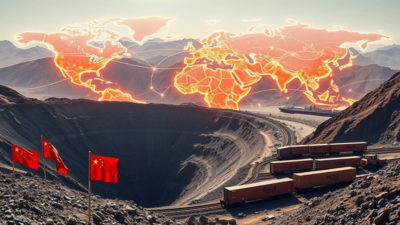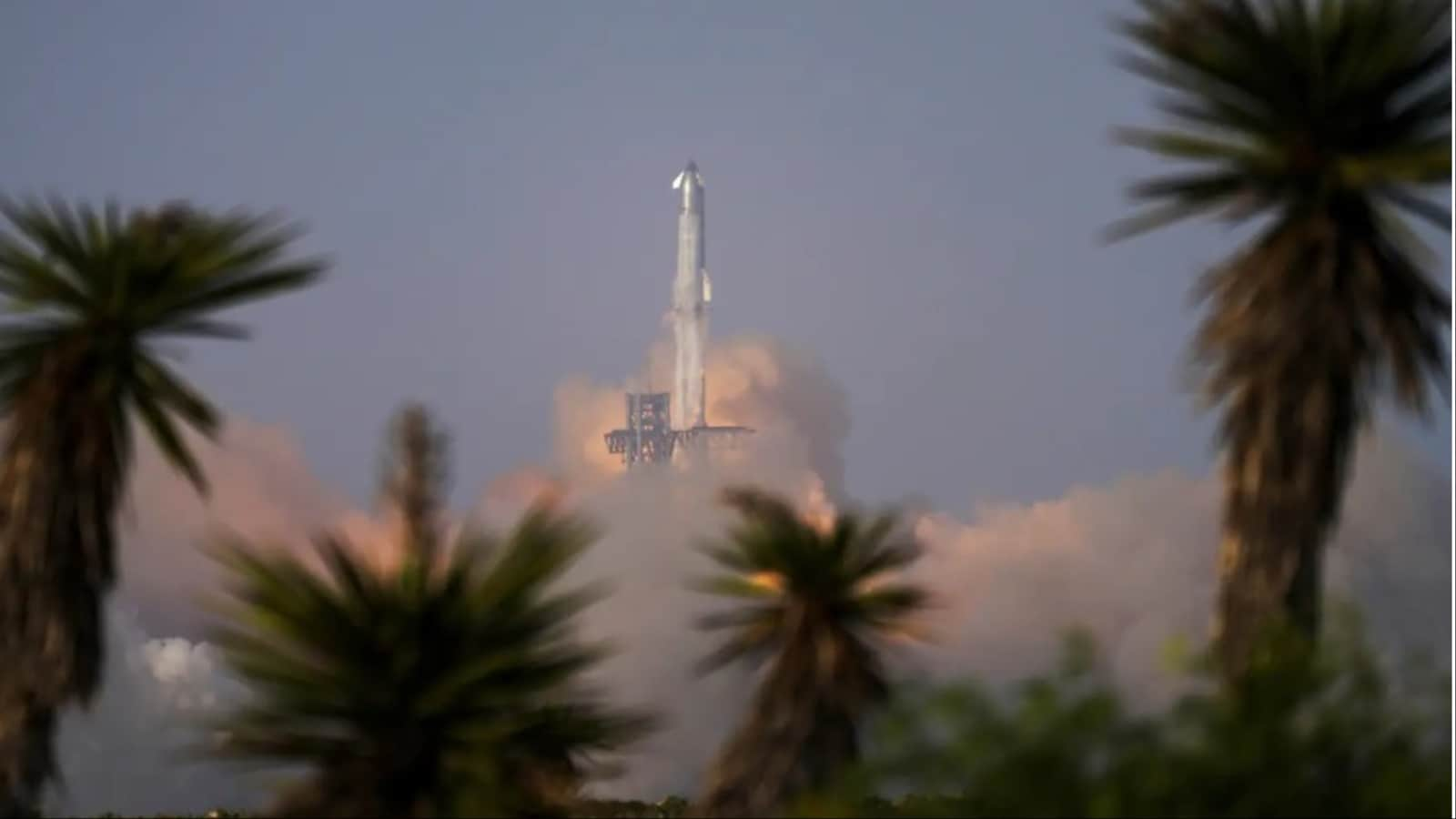ARTICLE AD BOX

A widening supply gap for rare earth magnets is threatening to disrupt India’s electric vehicle manufacturing, with a Jefferies report warning that domestic firms may soon hit a dead-end unless alternative sourcing or stockpiling solutions are found.Several Indian EV makers are reportedly struggling to secure magnet imports from China, which are essential for producing EV motors. The issue has worsened since China imposed fresh export restrictions on key rare earth materials.The Jefferies note cautioned that once existing magnet inventories are exhausted, motor production may face a serious setback, according to ANI. “Based on our conversations with Indian companies, industry is facing a challenge in importing magnets from China and EV motor production could be at risk once the existing magnet inventories get exhausted,” the report stated.The Federation of Automobile Dealers Association (FADA), in its latest monthly vehicle data release, also raised concern. “Global supply-chain headwinds (rare-earth constraints in EV components, geopolitical tensions) may limit urban consumer sentiment and exert cost pressure,” FADA noted.To manage the crisis, some companies are considering importing fully assembled motors directly from China. However, this route brings significant challenges, including changes to the supply chain architecture and the need for fresh homologation approvals for vehicles to comply with Indian regulatory norms.
Moreover, shifting to fully built units could weaken the domestic value addition required under the government’s Production-Linked Incentive (PLI) scheme, potentially affecting company eligibility for subsidies.On April 4, China imposed export controls on six heavy rare earth elements (REEs) and rare earth magnets, citing national security and international commitments such as non-proliferation. While not a complete ban, the new rule requires companies to seek prior Chinese government approval before exporting these materials, adding delays and uncertainty.The report also indicated that the Indian government is actively exploring solutions. Citing a Reuters update, it noted that discussions are underway with private players to build long-term stockpiles of rare earth magnets. Fiscal incentives may be offered to support local production of these critical components.Though termed "rare," these elements—especially lighter ones—are relatively abundant but difficult to extract due to their dispersed presence in the Earth's crust.
This makes their processing resource-intensive.The global supply chain for rare earths remains heavily dependent on China, which controls around 70% of mined REEs and nearly 90% of the refined output. It also dominates magnet manufacturing, especially in the heavy rare earth segment.With new controls in place and more restrictions looming, the risk of further disruption remains high—posing a significant threat to India’s fast-growing EV industry.



.png)
.png)
.png)
















 13 hours ago
3
13 hours ago
3









 English (US) ·
English (US) ·